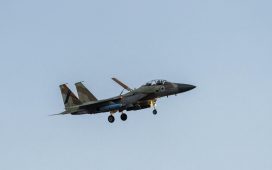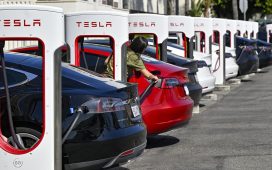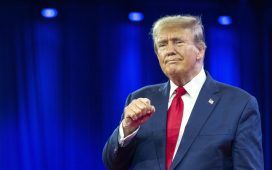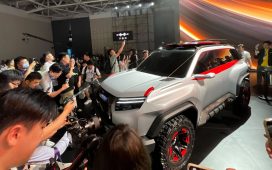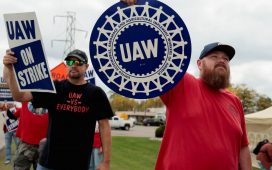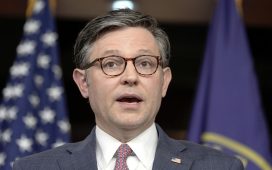On Jan. 28, U.S. District Judge Indira Talwani rejected the torture argument, paving the way for extradition. While Japanese jails may be “deplorable,” Talwani wrote, the Taylors had failed to show they were “more likely than not” to be tortured. Both the appeals court in Massachusetts and the U.S. Supreme Court denied the Taylors’ last-minute pleas.
The Taylors had always faced an uphill battle. Michael Taylor never denied that he helped Ghosn flee, and even described how he executed the operation in an interview with Vanity Fair before he was arrested. And while he insisted his son had no role in the escape, the legal team did not raise that issue in court until after Cabell authorized the extradition.
It was also a long shot that the State Department would reject an extradition request from a close ally like Japan. The case unfolded as the U.S. was working to strengthen ties in Asia to present a united front against China. Refusing to hand over the Taylors would have been “kind of a slap” in the face for Japan, said Sheila Smith, a Japan expert at the Council on Foreign Relations.
In Japan, the Taylors won’t have the same rights that are built into the U.S. legal system. They could be interrogated without lawyers present and held in cells where the lights stay on for 24 hours a day.
If they’re convicted, it’s not clear whether they’ll get credit for the time served in the U.S. In a letter to the Taylors’ legal team on Feb. 22, the State Department said it will “inform the Government of Japan of the amount of time they have been detained,” according to a copy reviewed by Bloomberg News, “so this can be factored into any sentence that may ultimately be imposed under Japanese law, if appropriate.”
Michael Taylor helped Ghosn flee partly because his own prison sentence in the bid-rigging case had made him sympathetic to the auto executive’s plight. He told Vanity Fair he was never paid for getting Ghosn out of Japan. As he awaited his extradition, he wouldn’t say whether the prospect of years in a Japanese prison had changed his feeling toward Ghosn. “I have no feelings toward the guy about anything,” Taylor said in February. “I have no contact with him, no communications.” A spokeswoman for Ghosn declined to comment.
In jail, Taylor obsessed over his case. He can reel off a list of extraditions the U.S. handled differently from his own, including the government’s refusal to send the wife of an American official back to the U.K. to face charges for a car crash that killed a teenager in 2019. Unlike Taylor, the driver, Anne Sacoolas, claimed diplomatic immunity.
Taylor said he’ll never return to the U.S. from Japan, even if he avoids conviction. “I’m ashamed to have served in the military,” he said. “I want no part of a country like this.”


